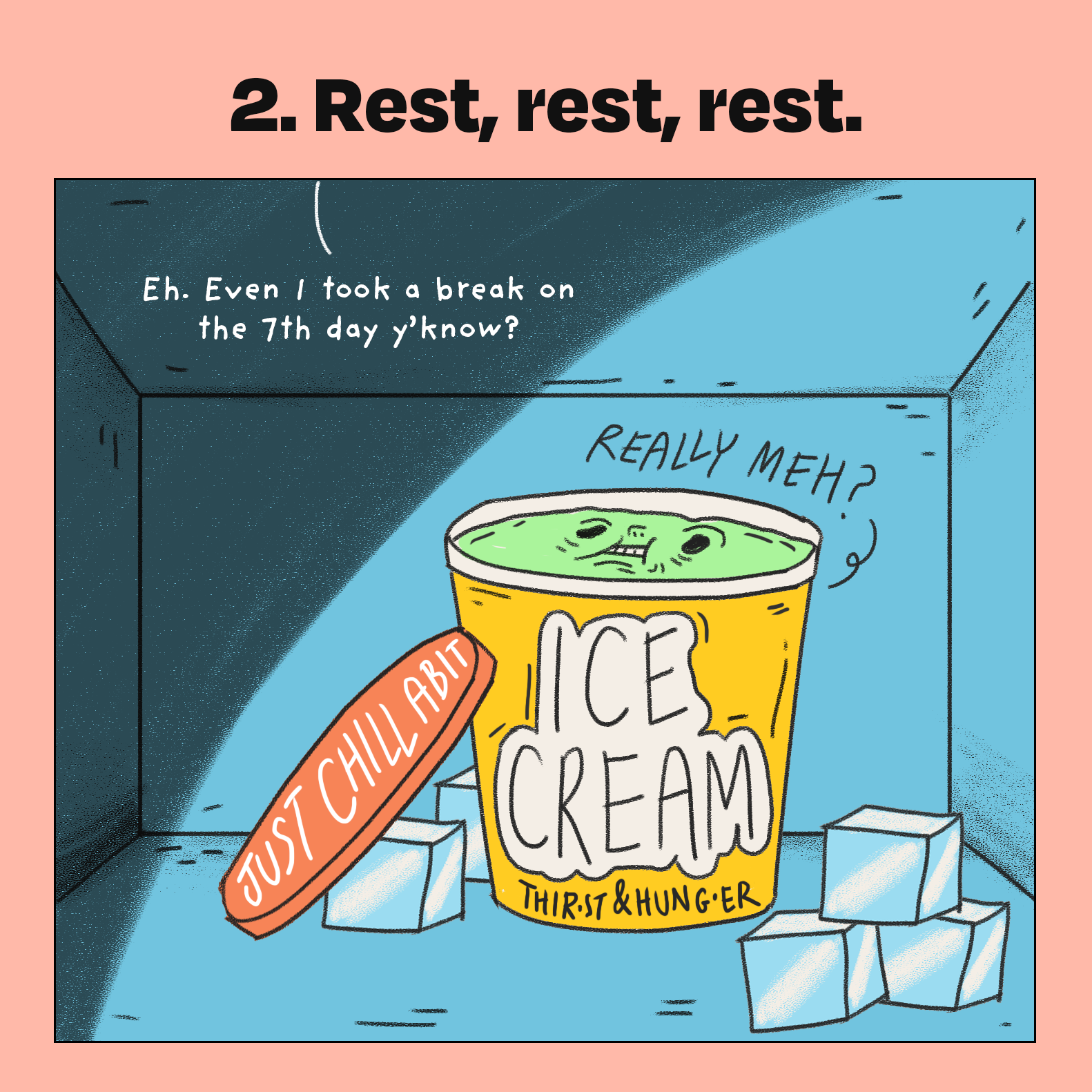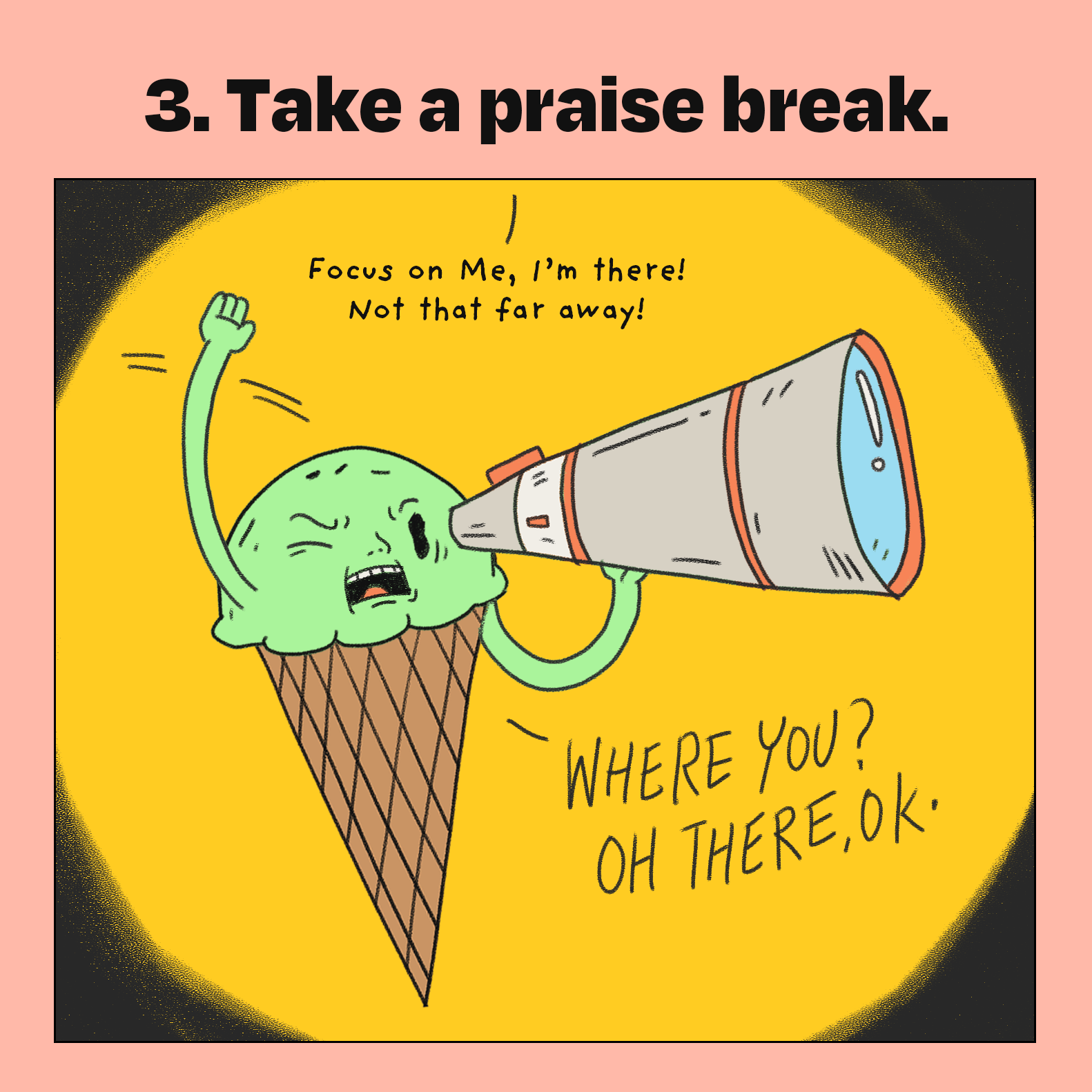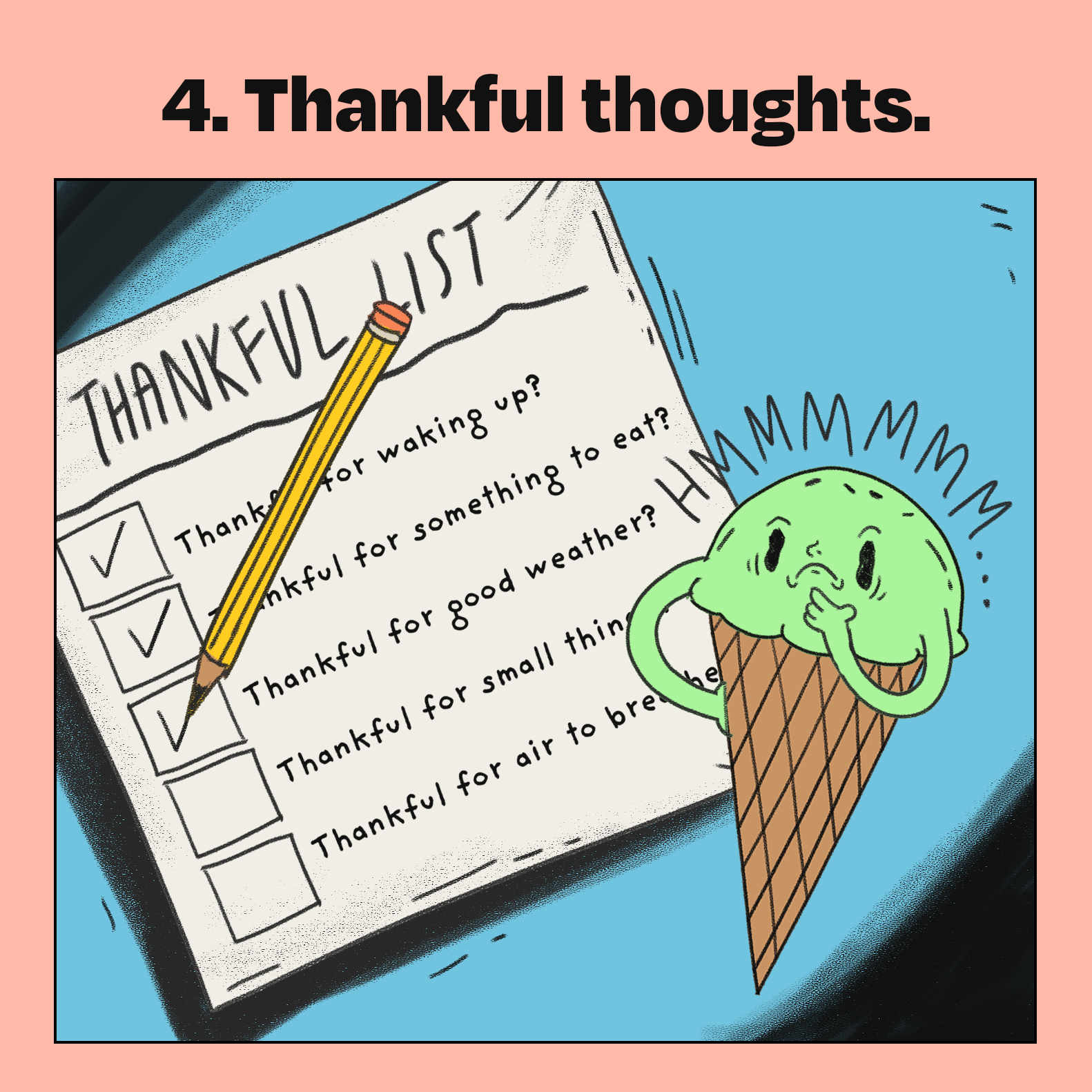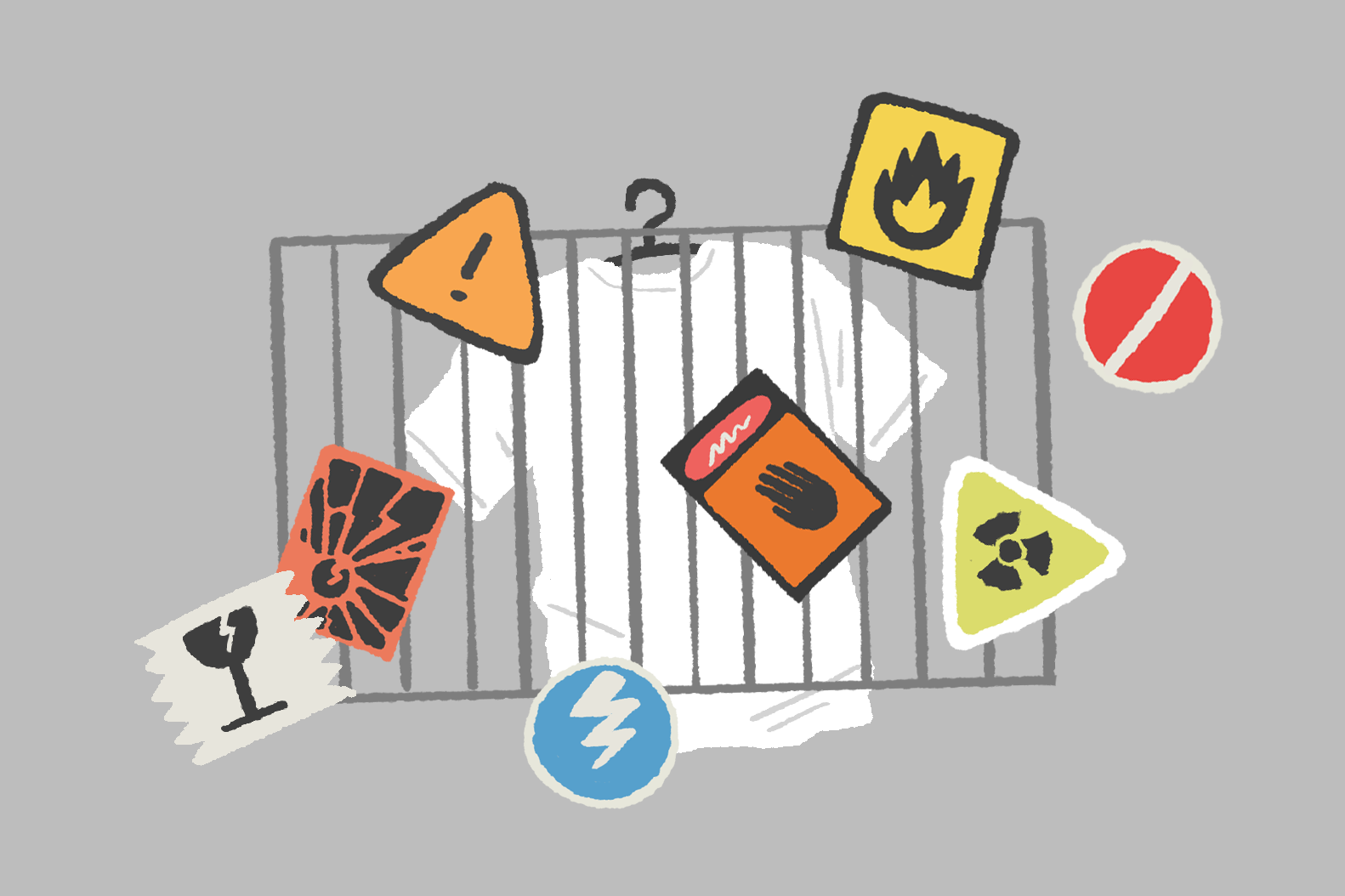Most Singaporeans are either stressed at school or stressed at work.
We all need time to relax and recalibrate, which is why we’ve put together 5 easy, tried-and tested tips to help you decompress when you’re stressed!
1. Get in touch with nature
Whether it’s running, walking or cycling, being near nature helps to take our minds off stress and regulate our emotions.
Indeed, studies tell us that more endorphins (the happy hormones) and serotonins (hormones that help you relax) are released when we get in touch with nature.
When COVID-19 caused everyone to work from home (WFH) and do home-based learning (HBL), I would decompress by taking a walk around the neighbourhood with my family members.
Admiring the new plants at the community garden and spotting egrets and kingfishers near the canal brought us so much joy.

Spending time in God’s creation, we would snap away at the beautiful sunsets and challenge each other to spot as many cats as we could.
Indeed, the natural world reflects God’s creativity and majesty (Psalm 19:1).
When we marvel at His creation, we turn our eyes upon the marvellous Maker!
Jesus also used examples in nature to teach.
In a teaching about anxiety, Jesus told the crowds to remember that since even the birds and flowers (Matthew 6:25-34) were taken care of by God, then mankind could trust God to take care of them too.
So the next time you’re out on a walk, take a look at the birds and flowers. Remember that God will care for us — and you’ll be surprised how He can minister to you through nature!
2. It’s all about the rest
As a Singaporean student, I’ve heard all sorts of things about sleep.
One camp will insist that “sleep is for the weak”. These night owls proudly burn the midnight oil to complete their work, and still turn up on time for school (although not without coffee in their tumblers).
When pressing deadlines draw near, sleep is even perceived as a waste of time. How can I sleep when there’s so much to be done? I’ll just catch up on sleep tomorrow.
Knowing how prevalent this mindset is in our society, I wasn’t surprised to hear that Singapore was one of the most sleep-deprived countries in the world in 2021.
God’s design for us includes rest, not working relentlessly.
Then there’s another camp comprised of those who jump at every single opportunity to sleep.
For them, sleep is a form of procrastination and results in a vicious cycle where problems and stress snowball since no work was done. What then to do? Sleep.
This vicious cycle might even paralyse one from making decisions at all, causing him or her to fall back on the coping mechanism of sleeping it off again.

Both perspectives on sleep are unhealthy.
God’s design for us includes rest, not working relentlessly. At the same time, God also takes delight when we work with the right posture, instead of procrastinating over everything.
What’s good to do when we feel stressed is to rest for an appropriate amount of time, with the right motivations.
When we lack energy to get our tasks done, we can give ourselves permission to take a power nap instead of pressing through with our tasks with drudgery.
Whether it’s 15 minutes or an hour, we’ll find that we can be more effective with our time when we’re well-rested (don’t forget to set an alarm, though!).
Additionally, having a good sleep cycle is imperative for our bodies to function optimally.
Setting boundaries for work (such as consistently sleeping by midnight latest) is a healthy way of maintaining a balance in life.
Giving ourselves time to rest also demonstrates our trust in God (Psalm 127:1-2).
When we get our idea of rest right, we will neither be afraid to rest nor rest excessively.
We will be able to find much peace in Provider God, and also honour Him through the work we do faithfully — He’ll take care of the rest.
3. Take a praise break
I remember several occasions when I was overwhelmed with anxiety due to school deadlines and ministry commitments falling consistently on the same days: my stomach would churn and my mind would be heavy with worry.
Society would encourage us to distract ourselves with work or entertainment… but I am thankful I found better ways.

One time, I took up my ukulele and began to sing. Another time, I put on my earphones and worshipped the Lord.
Both times, my body and mind began to relax as I felt God’s deep peace wash over me deeply.
My situation never changed, but God helped me gain a new perspective about it.
Eventually, I was able to complete my school work in time and serve in church as well.
Praise and worship is never a waste of time. It helps us to turn our eyes upon Jesus. It reminds us who is really in control, and helps us to lay everything at the feet of our Good Father.
As we worship God, we remember who He is and His loving promises to help us (Isaiah 41:10) and to sustain us with His grace (2 Corinthians 12:9).
The next time you face stress, take a praise break, and recalibrate your thoughts.
Come before the Lord in quietness, trust, and surrender. With His love, He will calm all your fears (Zephaniah 3:17)!
P.S. Here are some songs you can consider for your praise break:
- God I Look To You (Bethel Music)
- Psalm 23 (Shane & Shane)
- Refresh Me (Leeland)
- Turn Your Eyes (Sovereign Grace Music)
- You Are My Strength (Hillsong Worship)
4. Cultivate a heart of thanksgiving
Similar to taking a praise break, setting aside time to thank God is important to keep our eyes fixed upon Him — especially in times of stress.
This can look like spending time in prayer and thanksgiving, or simply jotting down what you’re grateful to God for that day.
We can thank God for the simplest things like the weather, or bigger things like good grades at school.
There’s always something to be thankful for. A heart of gratitude can really change our demeanour and mindset, even when faced with stressful situations.

Being grateful is something that the Bible emphasises; the Psalms are full of thanksgiving to God for His great deeds, for His character and for His plan for salvation.
If you find it hard to thank God, then turn to the Psalms and meditate on the Word!
It would also be good to share your thanksgiving with your cell group or with a couple of friends too.
That way, we mutually edify and encourage each other. Hearing our friends’ testimonies can fill us with much hope!
5. Laugh it off!
Personally, I’ve found that laughter can really be the best medicine when it comes to stress.
One of the quirkier ways I destress is by watching funny videos with my brother or with my friends.
We also love a good dose of Christian memes that aren’t irreverent.

Laughing reduces stress, promotes circulation and relaxes your tense muscles. Plus, it produces endorphins as well!
Overall, people who laugh more can enjoy lower stress levels and lower blood pressure.
As Proverbs 17:22 puts it, “A cheerful heart is good medicine, but a crushed spirit dries up the bones.”
Keeping ourselves cheerful with humour can power us up inside, alongside thanksgiving and worship unto God.
Ultimately, decompressing looks different for everyone.
The important thing is for us to be aware of our emotions so that we don’t get overly stressed.
We also need to know our limits, and allow ourselves time to rest.
So what ways are you going to use to decompress? Let us know in the comments of this article.
Let’s handle our stress well with God!
- What is causing you to feel stressed and overwhelmed today?
- Which of these tips can you apply to decompress this week?
- What are some promises of God that you can hold on to from the Bible?









